Robotics 2025: A Future at Your Fingertips
TL:DR: In 2025, standardized components and advanced AI—exemplified by affordable humanoids under $8,000, playful companions like Mirumi and Nekojita...
2 min read
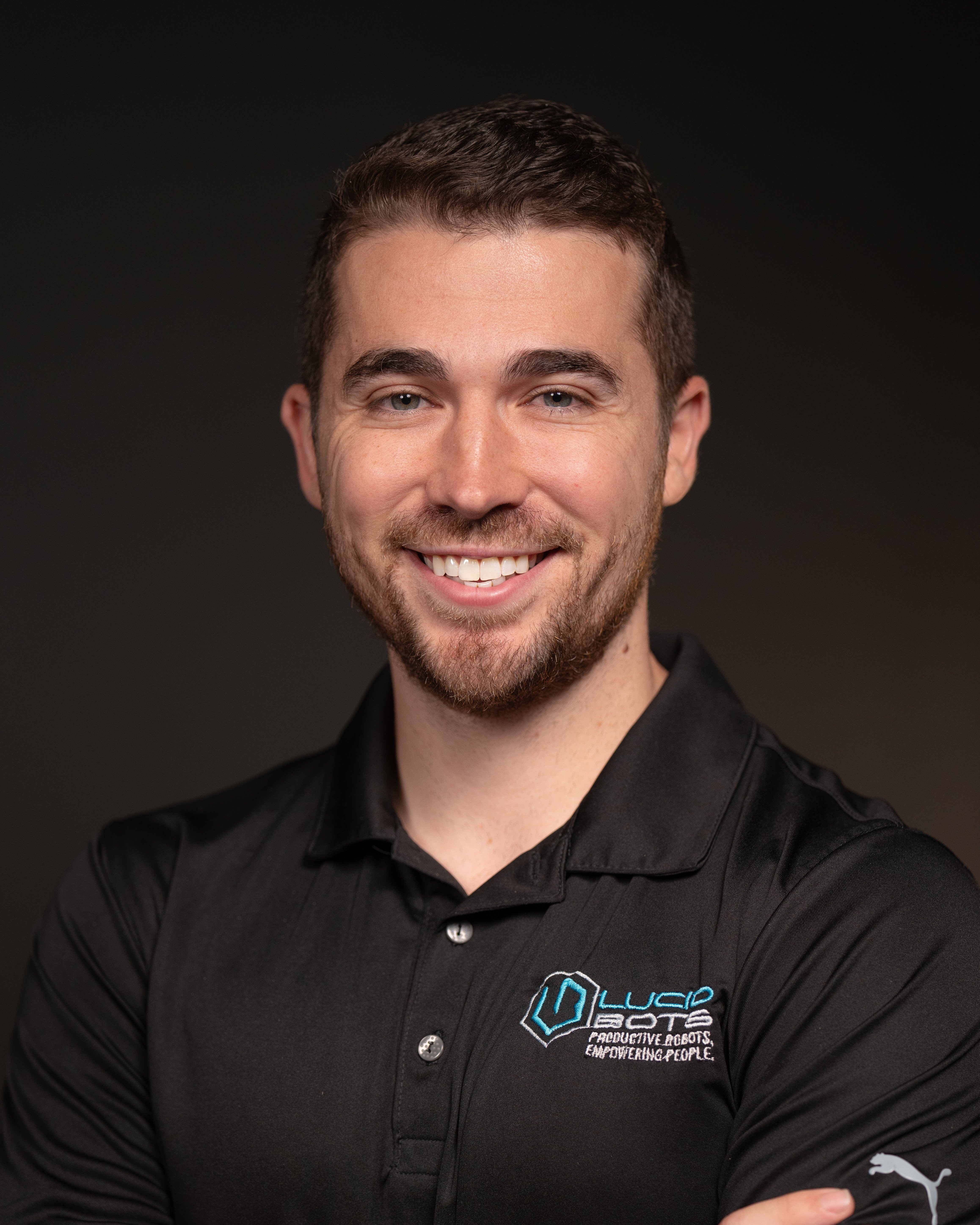 Andrew Ashur
:
Oct 4, 2024 12:11:30 PM
Andrew Ashur
:
Oct 4, 2024 12:11:30 PM
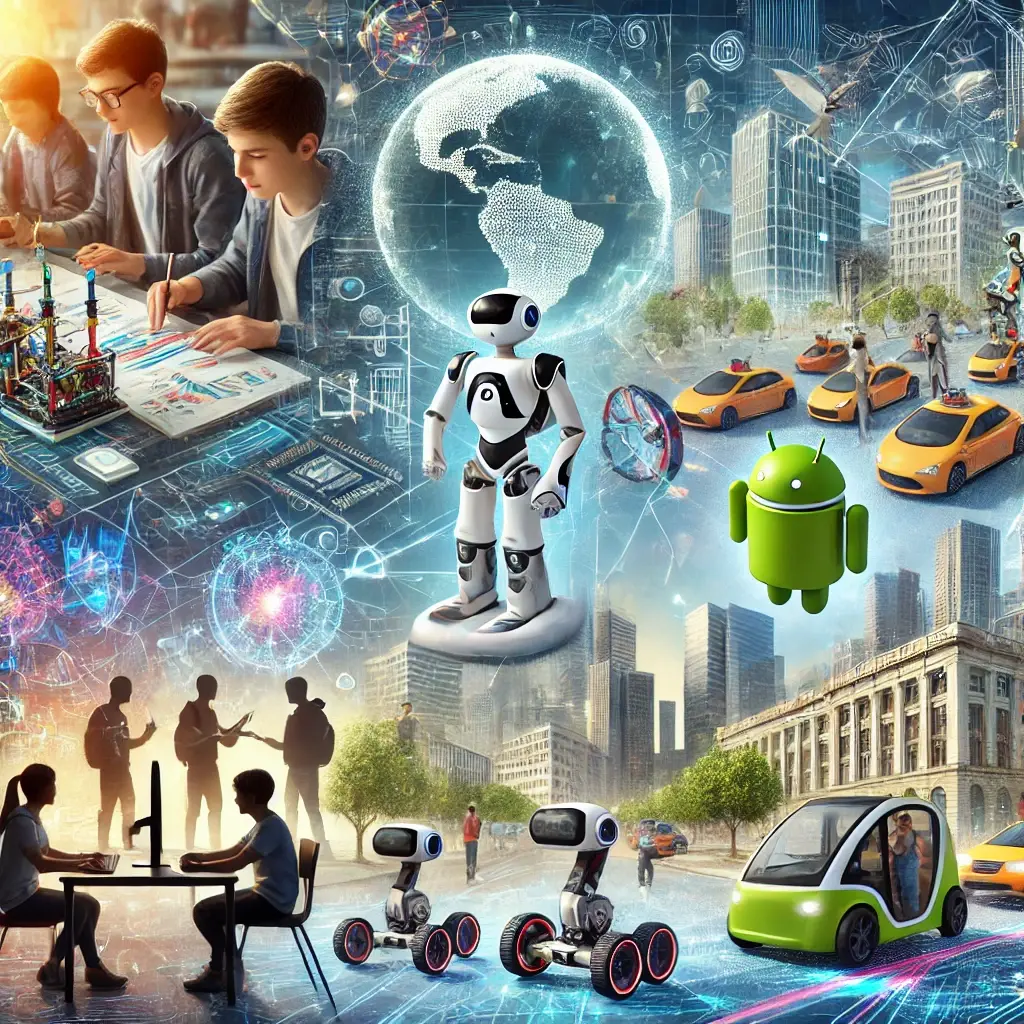
Uber has partnered with Avride to introduce autonomous delivery robots and robotaxis. Starting with Uber Eats deliveries in Austin, Texas, the service will expand to cities like Dallas and Jersey City in 2024, with robotaxis launching in 2025. This marks a key step in Uber’s shift toward autonomous technology, enhancing efficiency in its delivery and mobility services.
The AV1 robot, developed by the Norwegian company No Isolation, is designed to help children who are too ill to attend school stay connected with their education and peers. Acting as the child’s eyes, ears, and voice, the robot sits in the classroom while being controlled remotely via an app on the child’s device. This telepresence robot allows sick children to not only participate in lessons but also engage socially with their classmates, helping to reduce the feelings of isolation that often accompany long-term illness.
The AV1 robot has gained traction in 17 countries, including the UK and Germany, where it's used by schools to support children battling serious conditions such as cancer. By allowing these children to raise their hands virtually, move the robot to view different parts of the room, and even express emotions using visual cues, AV1 provides a sense of normalcy during a challenging time. Its secure, privacy-focused design ensures that no data is stored, and the robot is easy to transport, allowing students to attend social activities like field trips remotely.
Founded in 2018, Lucid Bots Inc. is an AI robotics company that is committed to uplifting humanity by building the world's most productive and responsible robots that can do dangerous and demanding tasks. Headquartered in Charlotte, the company engineers, manufactures, and supports its products domestically, which include the Sherpa, a cleaning drone, and the Lavo Bot, a pressure-washing robot. Lucid Bots' products are elevating safety and efficiency for a growing number of customers around the world. Lucid is a Y Combinator-backed company, with investments from Cubit Capital, Idea Fund Partners, Danu Ventures, and others. Lucid Bots was recently recognized as the 4th fastest growing manufacturing company in the United States.
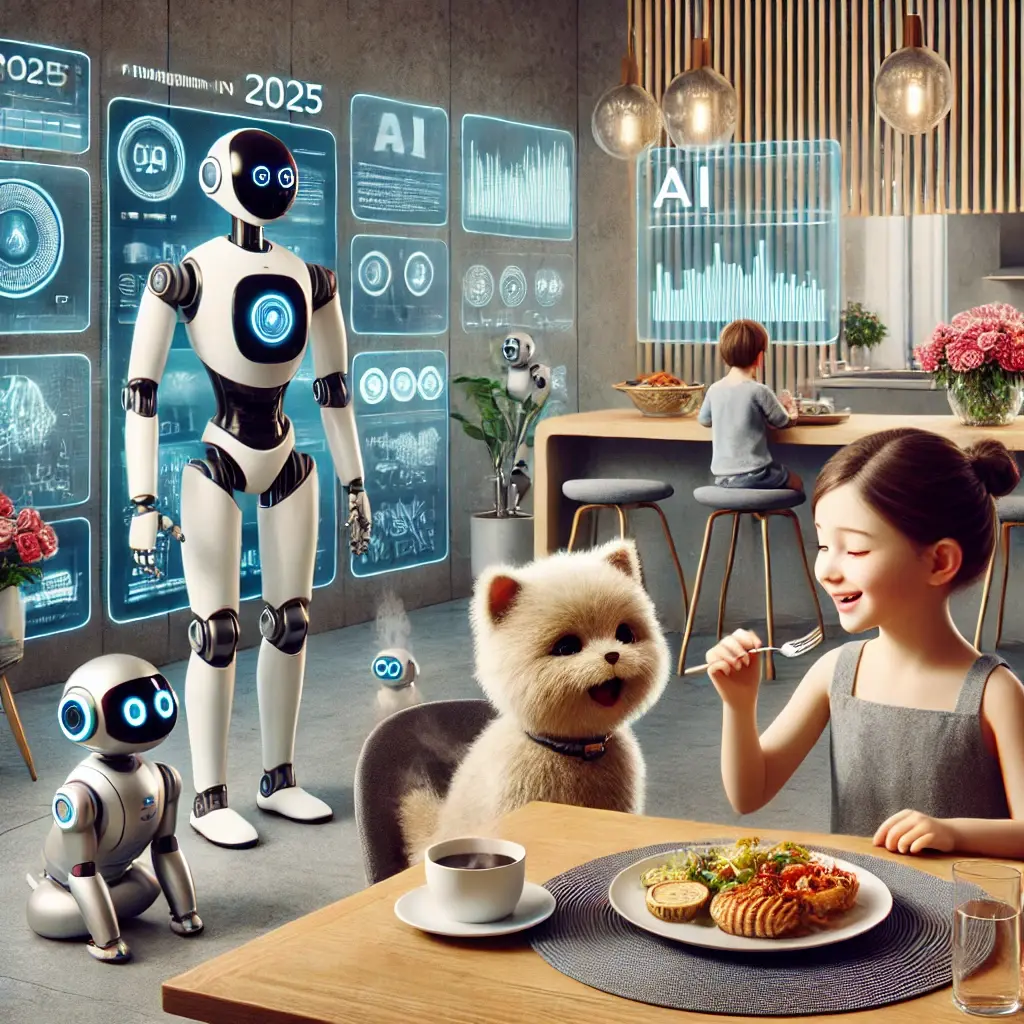
TL:DR: In 2025, standardized components and advanced AI—exemplified by affordable humanoids under $8,000, playful companions like Mirumi and Nekojita...
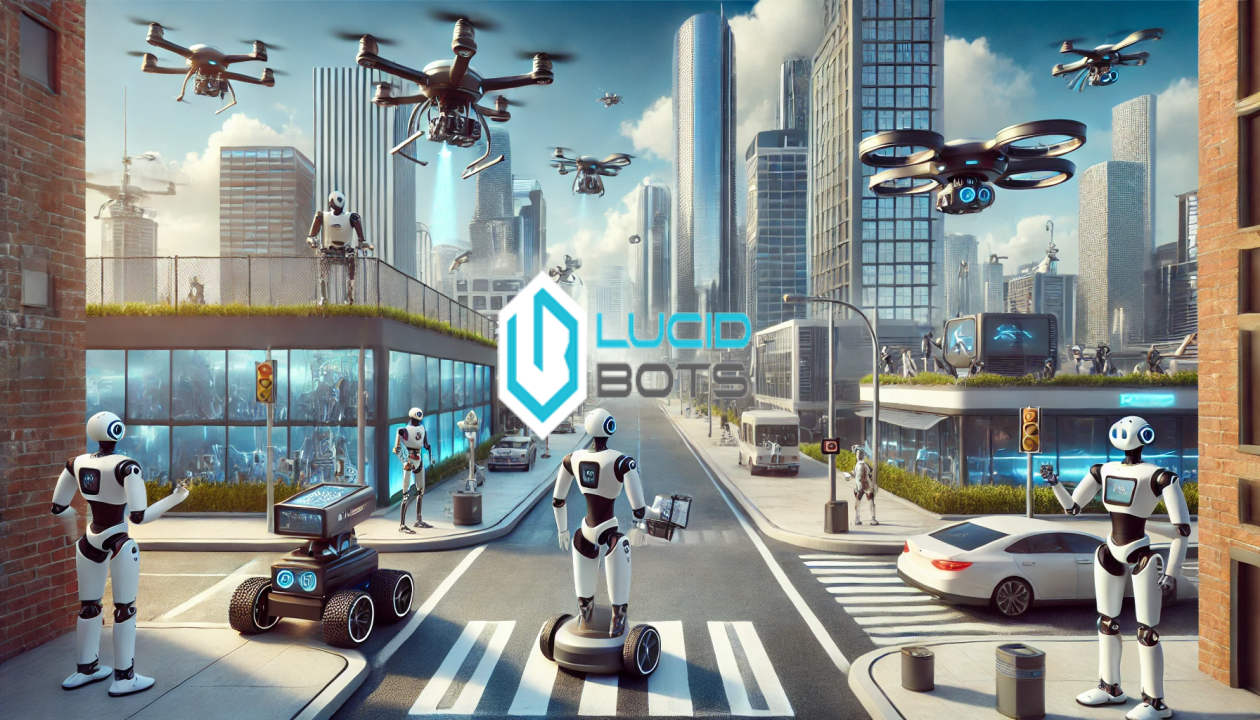
TL:DR - robots for household chores are improving, your next dentist may be a robot, and NVIDIA continues to empower accelerated development for...
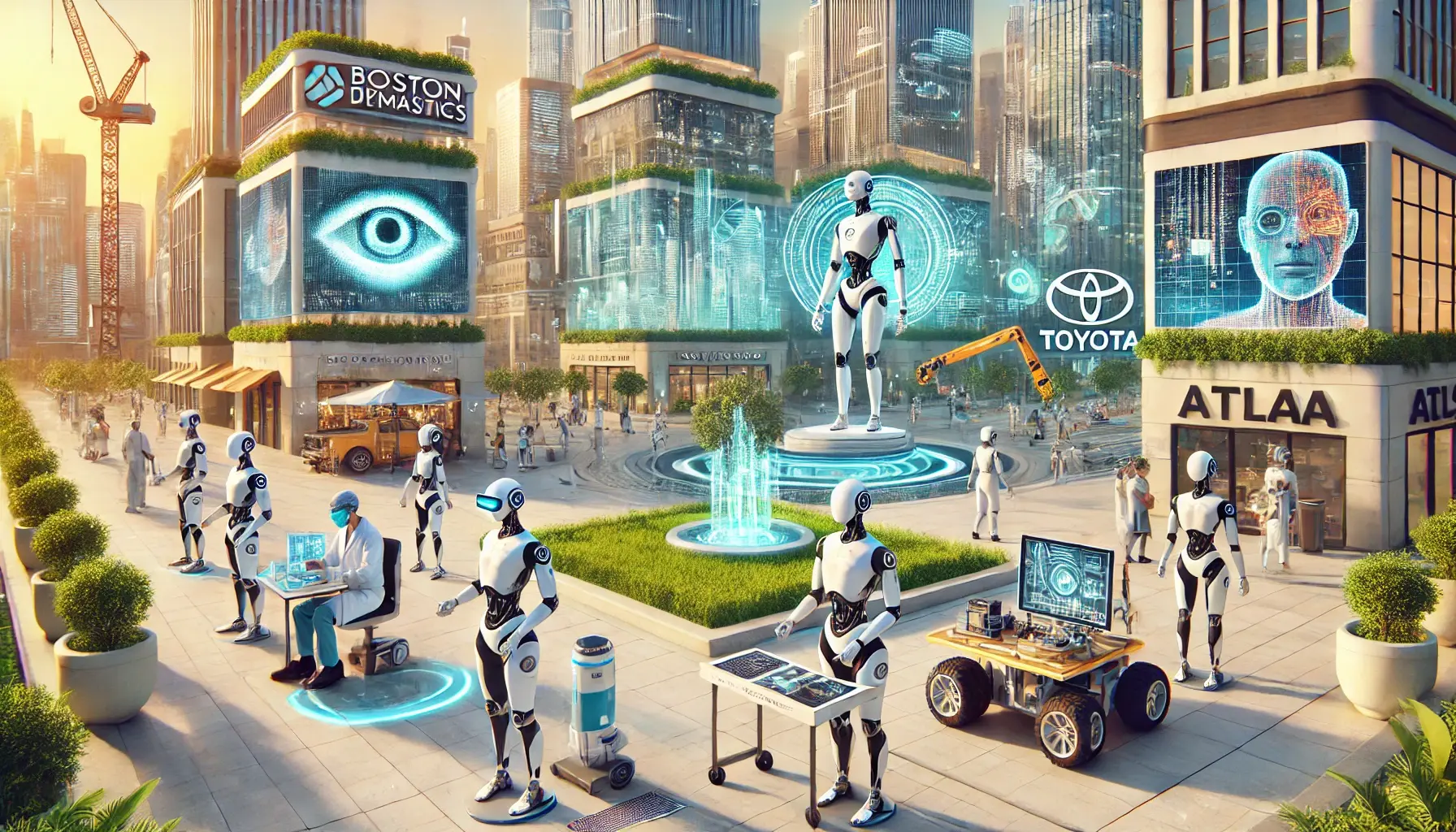
TL;DR: Recent advancements in robotics include precision-assisting surgical robots that offer superhuman accuracy, a humanoid robot artist whose work...